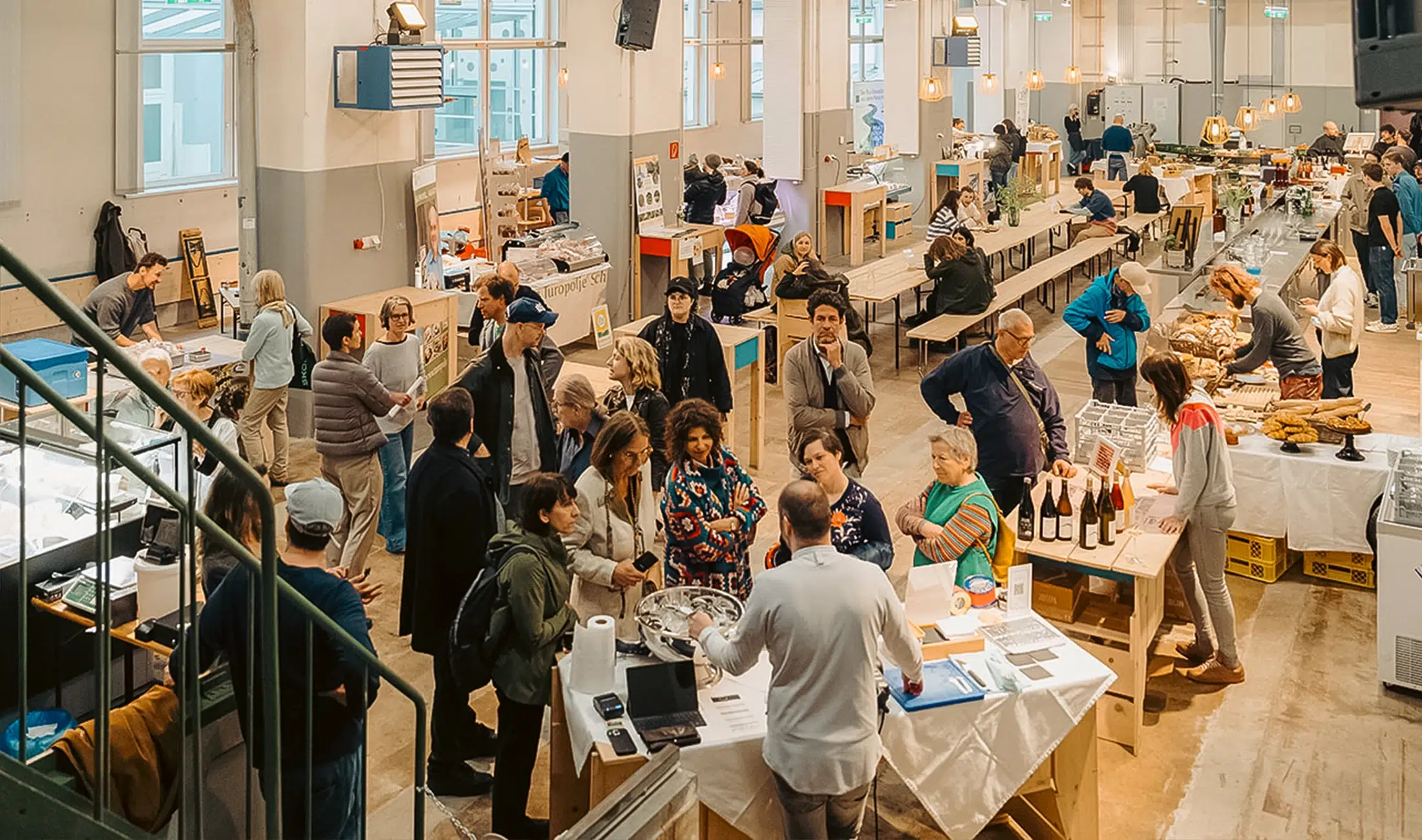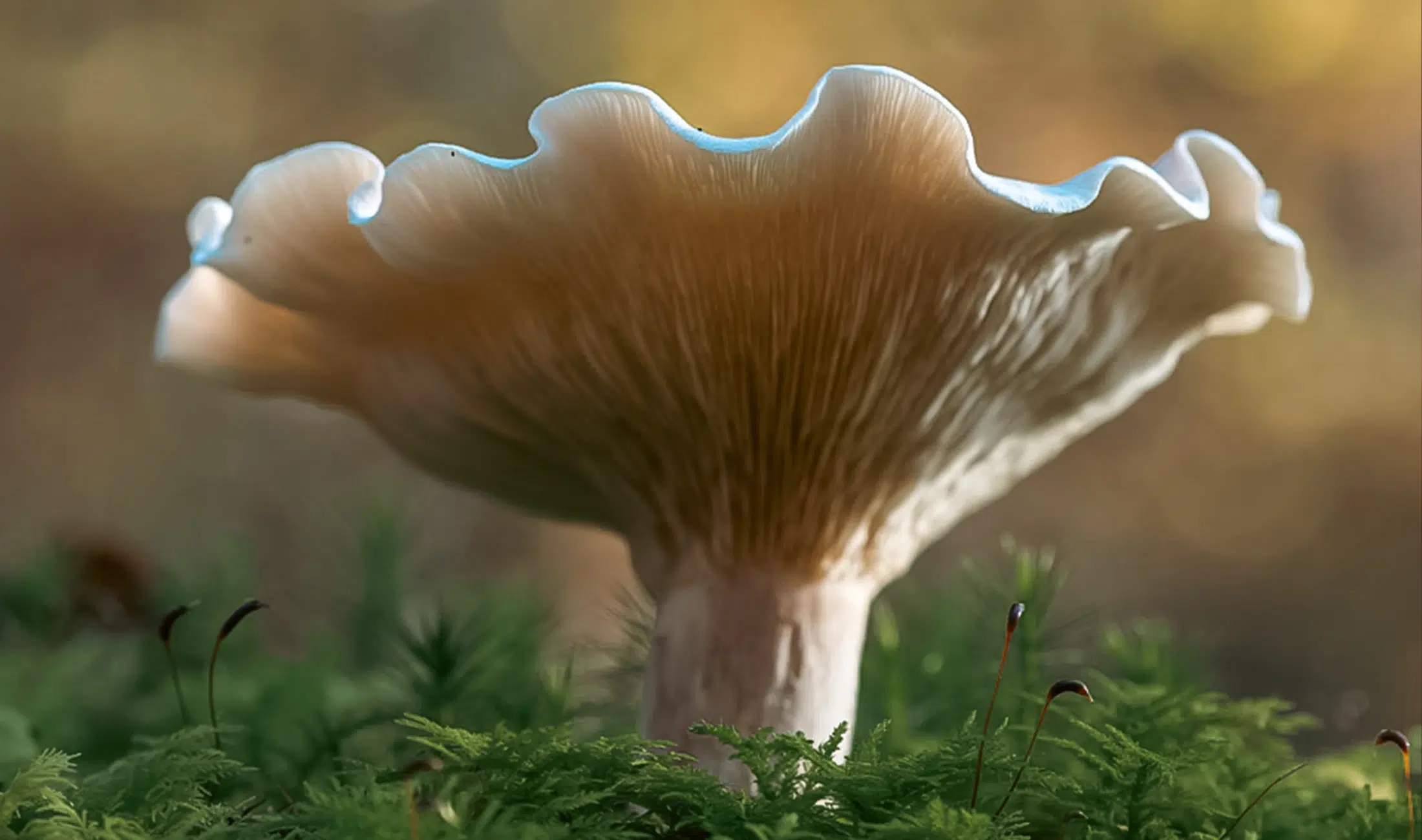FUNGI WORLD
Citizen Science & Education
October 11, 2025 — 10 a.m. to 5 p.m. — Lecture Hall of the Natural History Museum Vienna
The kingdom of fungi fascinates – and at the same time challenges our thinking.
Complex ecological relationships, a dynamic research landscape, and a lack of established teaching materials make it difficult to sustainably raise awareness of fungi in education and society. But this is precisely where we come in: We combine scientific findings with creative and practical teaching formats – and address how the world of fungi can be made accessible to everyone. On October 11, we will be devoting ourselves entirely to the question of how fungal education can succeed. The focus will be on pioneering approaches from schools, universities, and citizen science. From innovative teaching methods and participatory research projects to initiatives in urban communities – this day will demonstrate how Funga is becoming an educational tool for sustainability, community, and curiosity.
An event for teachers, researchers, knowledge mediators – and for everyone who wants to make mushrooms part of a new understanding of education.

Photo: Christina Rittmannsperger
Program
Start: 10 a.m.
Morning (German)
— Ulrich Hobusch & Students: Mushrooms, soil and health in school lessons
— Katharina Bauer: Learning with beneficial organisms – insights from practice
— Ina Schanz: Mushroom experts in Germany: an endangered species?!
— Melissa Acker: Material-based design with fungal mycelium – From material experiment to architectural concept
— Wolfgang Hindertobler: Why we finally need to understand mushrooms properly
Lunch break: 1 p.m. to 2 p.m.
Afternoon (English)
— Philipp Hummer: SPOTTERON and the Mushroom Finder App
— Pamela Shor: Mycelium Cultivating Sustainable Communities
— Lee Davies: A 21st Century Fungarium
Venue
The lecture hall of the Natural History Museum Vienna is located on the ground floor of the museum building at Maria-Theresien-Platz, 1010 Vienna. It is accessible via the main entrance.
Speaker
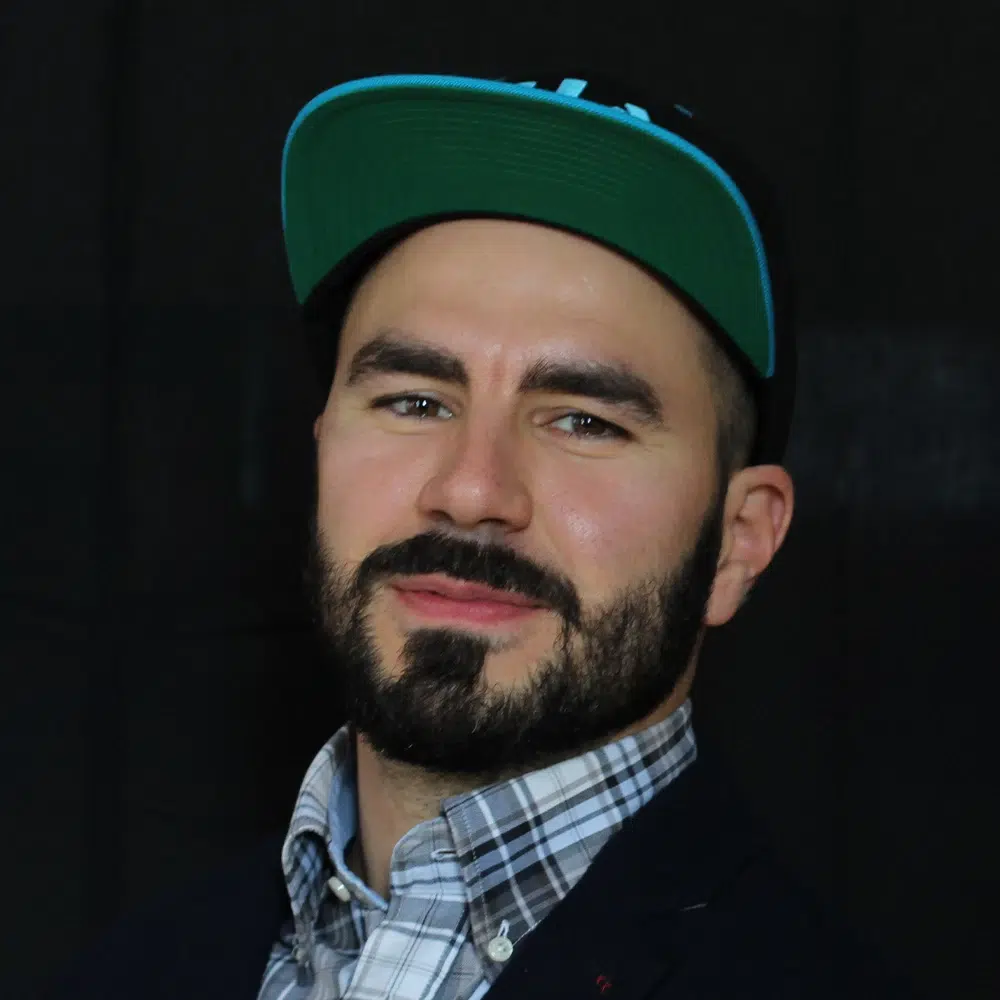
Lecture: Mushrooms, soil and health in school lessons
How can complex ecological relationships such as soil health and fungal diversity be meaningfully and effectively integrated into school curriculums? Ulrich Hobusch, a lecturer at the University of Applied Sciences for Agricultural and Environmental Education, addresses this question in his lecture.
He will present the "One Health Teaching Clinic" project – an initiative that aims to make socially relevant scientific topics tangible and accessible. The focus is on new didactic approaches that allow topics such as fungi, soil, and health to be integrated into classrooms in a lively way.
In addition, two student groups from Graz and Münster will report on their specific educational project. As part of a seminar, they planned, implemented, and supervised a school intervention on the topic of "Mushrooms & Soil Health" – including small research sessions in the classroom.
In this lecture, they share their concepts, materials, and results – and show how science, teaching, and social impact can be interwoven.
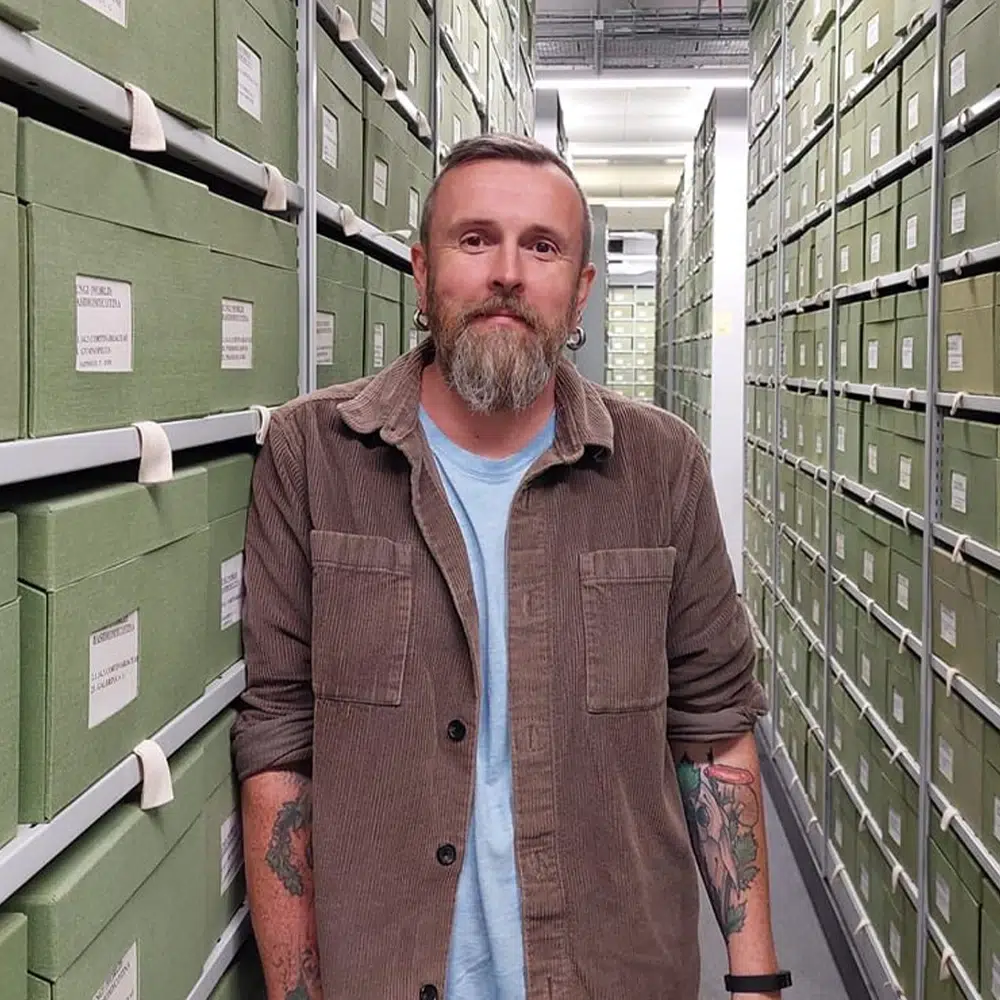
Lecture: A 21st Century Fungarium
The Kew Fungarium has over a million specimens spanning 200 years. Time, taxonomy, and techniques may have changed, but every one of those specimens is as valuable today as it was when originally collected. Hear how the Fungarium grows, how it is used, and how it will be used long into the future.
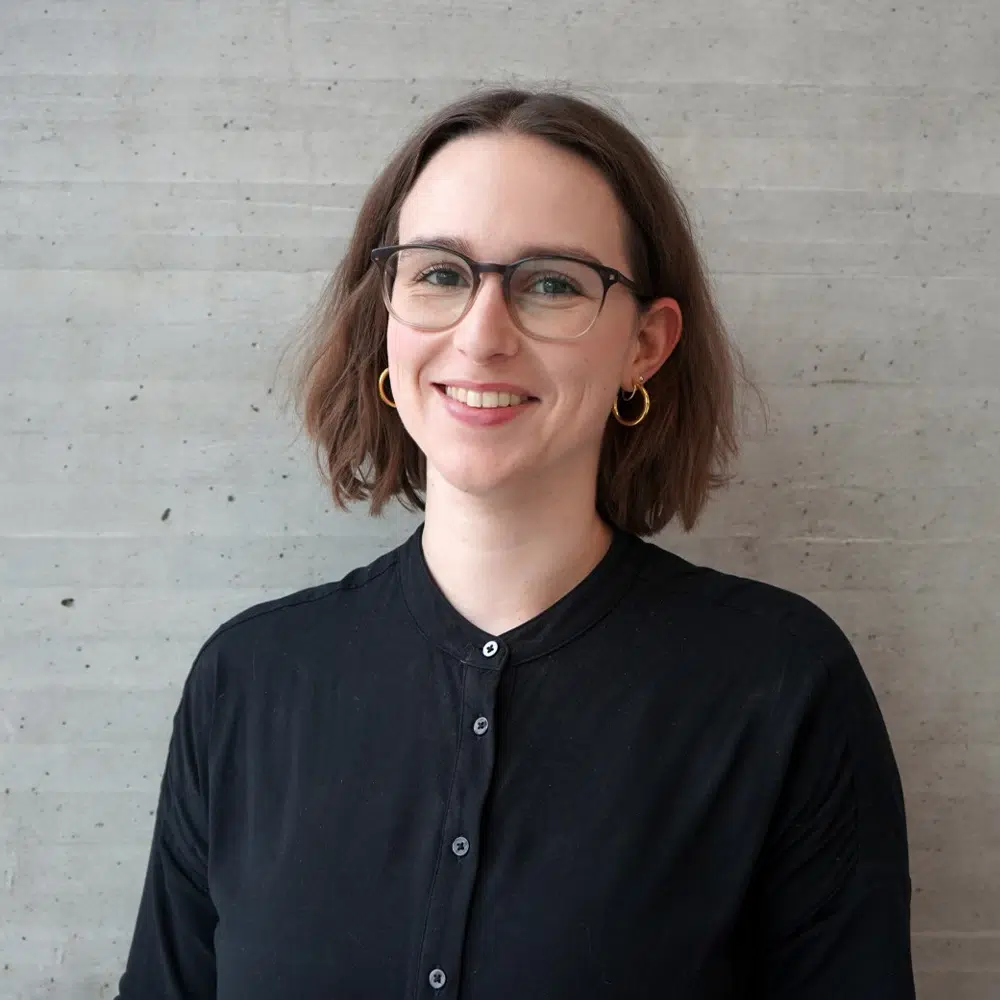
Lecture: Material-based design with fungal mycelium – From material experiment to architectural concept
Melissa Acker earned her diploma in Industrial Design from the Stuttgart State Academy of Fine Arts. During her studies, she developed a passion for projects with social and ecological added value. As a product and interior designer and sustainable materials manager, she worked with international companies and local design agencies to promote the increased use of sustainable materials.
Since 2021, she has been an academic assistant in the Master's program in Interior Design at the Stuttgart University of Applied Sciences, where she teaches and researches alternative materials in design and architecture. In 2023, she initiated and established the "Myco Lab - Laboratory for Fungal Materials," which offers students low-threshold access to mycelium research. In 2022, she founded the studio sustainable matter, which operates in an interdisciplinary manner in the field of product design, interior design, and materials research. In addition to material research and consulting, sustainable design concepts are developed there to promote a new perception and appreciation of resources and advance the innovative use of materials in the context of the climate crisis.
In her talk, Melissa Acker will introduce the method of material-based design—an approach to educational research projects that uses the material itself as the starting point, not a finished concept. Students begin hands-on with the material: They explore its properties, test its limits, and are inspired by its reactions. This creates direct, inquiry-based learning that combines creative thinking and practice-oriented action.
Using project examples, she shows how students initially test mycelium on a small scale – from production and understanding growth processes to material behavior and processing techniques. This leads to the development of architectural concepts in which mycelium is used, for example, as an insulating material.
The Myco Lab operates in an interdisciplinary manner and networks with partners such as the Fraunhofer Institute. One example of cross-institutional collaboration is the installation "Escape into the Shadows," created in cooperation with the University of Stuttgart and Deggendorf University of Applied Sciences for the "keep cool!" exhibition, running parallel to this year's Venice Architecture Biennale. It demonstrates how fungal mycelium, as an organic, shade-providing structure, can contribute to adaptation to urban overheating—thus combining art, design, and science to develop new, sustainable strategies to combat the effects of climate change.
The iterative process—from material experiments to full-scale applications—makes the design potential of mycelium tangible and raises awareness of material cycles and resource conservation. The lecture combines materials research, design practice, and sustainability, demonstrating how materials can become active components in the design process—an experience that strengthens knowledge, creativity, and sustainability skills in equal measure.
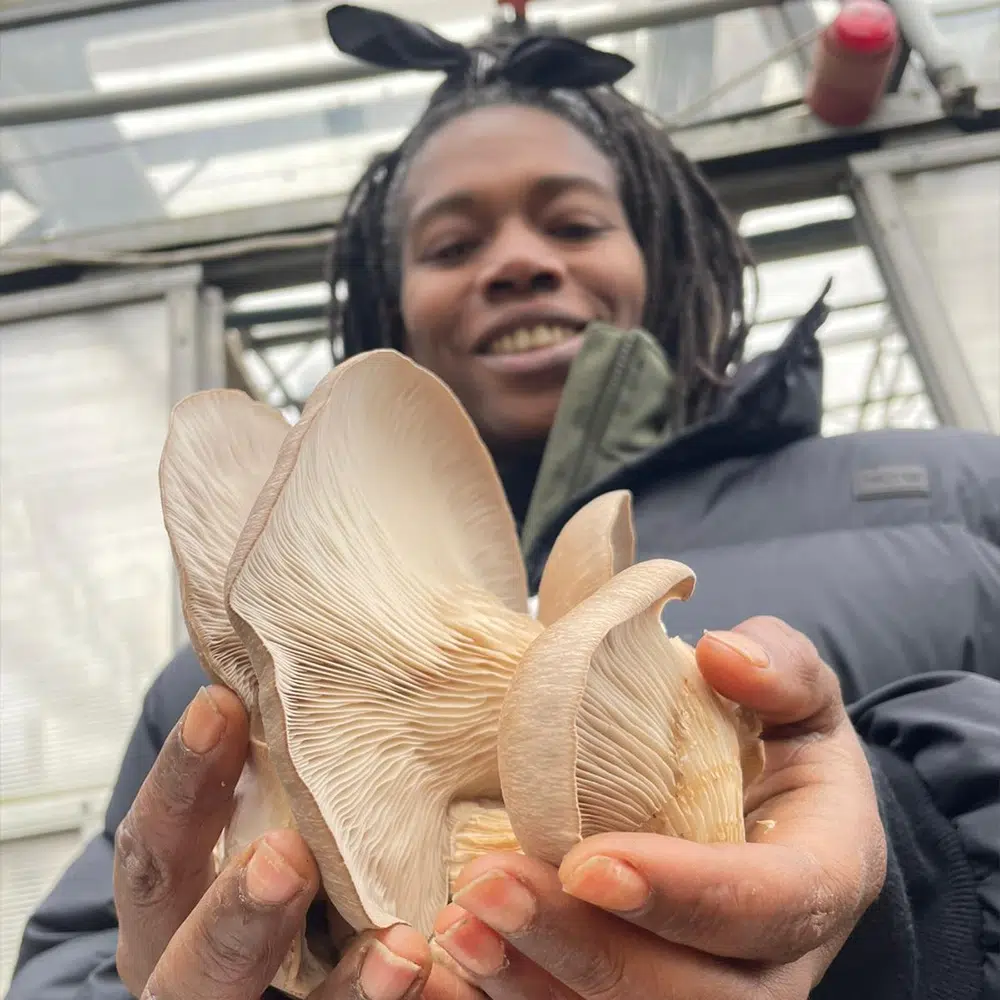
Lecture: Mycelium Cultivating Sustainable Communities
Explore how mushrooms and mycelium can help us grow more than food—they can help us regenerate soil, reduce waste, and reconnect communities. This session dives into accessible mushroom cultivation using recycled materials, and how these practices can be brought into schools, gardens, and community spaces.
Learn how to:
- Grow edible mushrooms with low-tech, low-cost methods
- Use fungi to improve compost and soil health
- Turn waste streams into growing opportunities
- Integrate mushrooms into education and community food projects
- Use the mycelium network as a model for sustainability and connection
Whether you're a teacher, grower, or fungi enthusiast, you'll leave with practical tools and fresh ideas to cultivate change—one mushroom at a time.
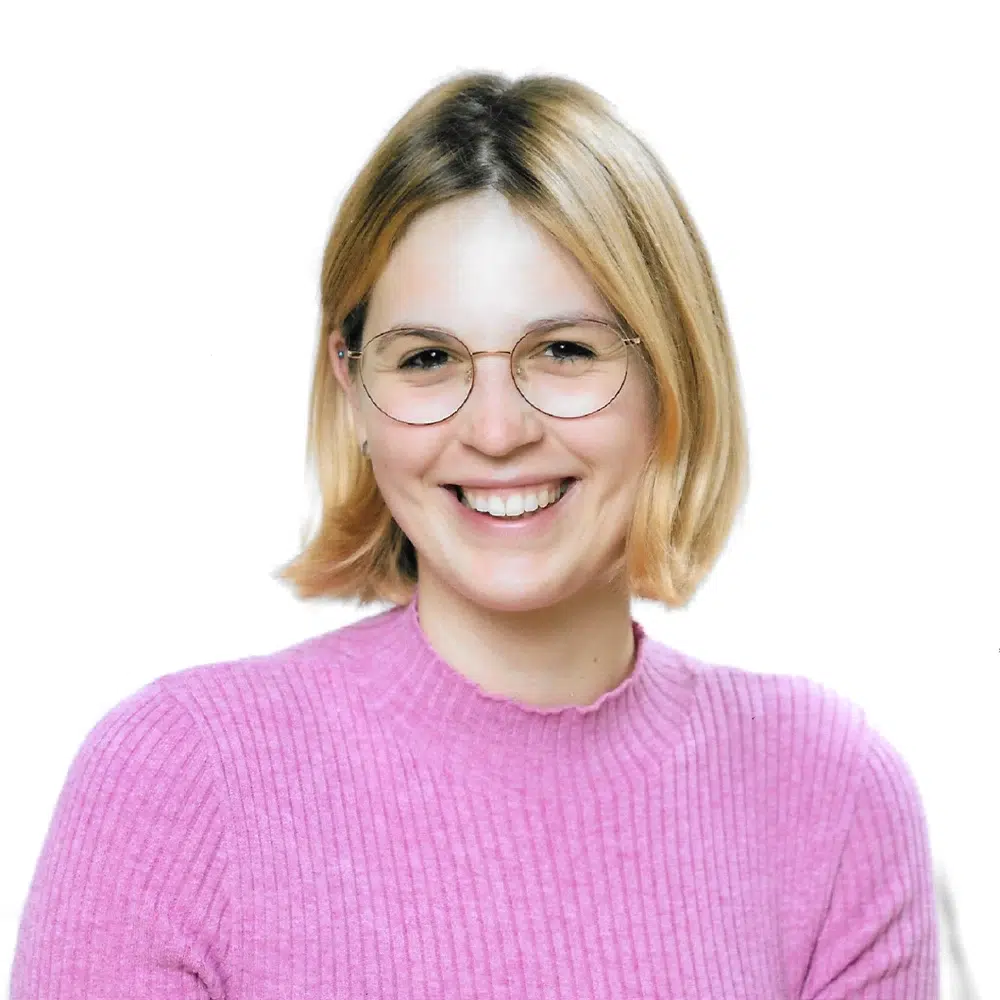
Lecture: Learning with Beneficial Organisms – Insights from Practice
How can you foster ecological awareness with young children and inspire them to appreciate the hidden helpers in the soil and garden? Katharina Bauer, a teacher at the Practical Elementary School of the University of Education Lower Austria and ÖKOLOG coordinator, shares her practical experience.
As part of a project with "Find Your Beneficial Insect," she worked with elementary school children on a playful exploration of beneficial insects—from observation and creative approaches to collaborative reflection. She shares how the process was designed, which methods worked particularly well, and what she learned from the project.
A short presentation full of concrete experiences, honest learnings and valuable tips for everyone who wants to make environmental education in schools lively, relevant to everyday life and effective.
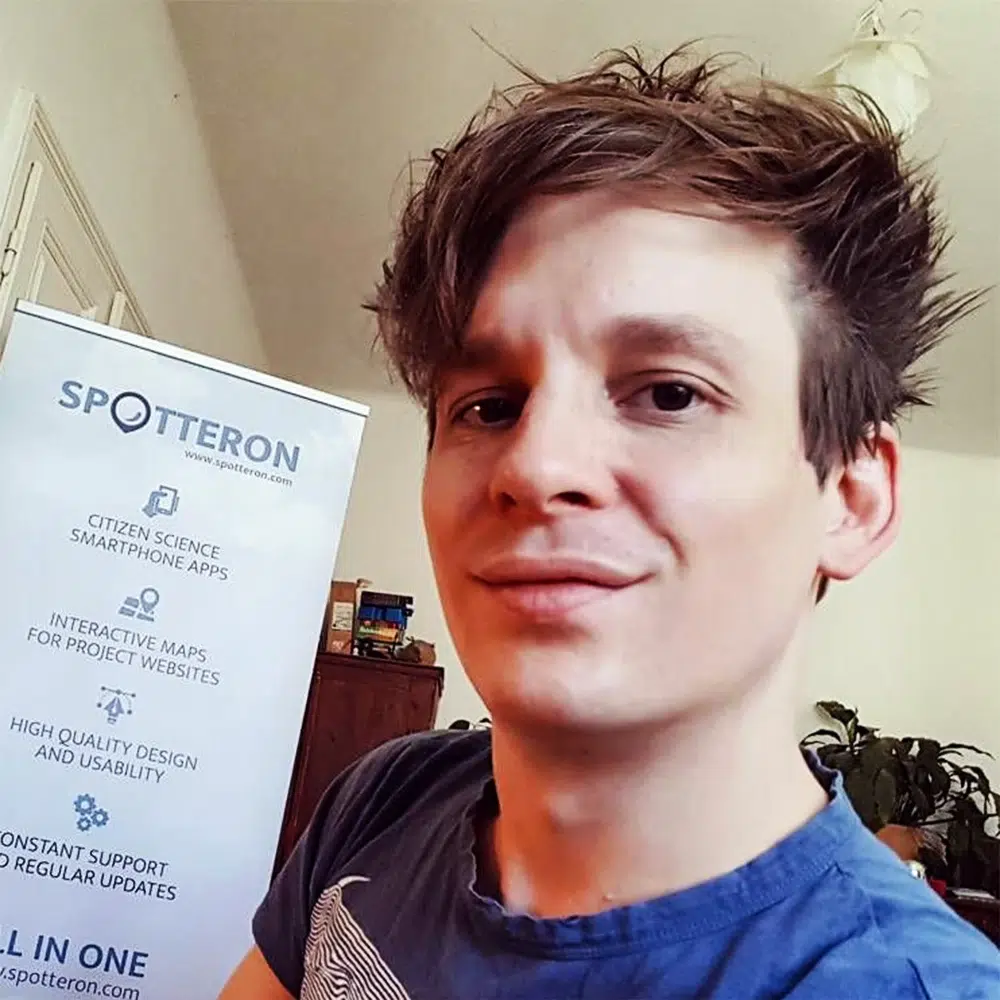
Lecture: SPOTTERON and the Mushroom Finder App – an interactive platform for citizen science and mycological observations
The SPOTTERON Citizen Science & Monitoring App Platform (www.spotteron.net) enables people to directly participate in scientific and NGO projects using interactive smartphone apps. In the Pilzfinder app, which runs on SPOTTERON, participants can contribute mushroom finds to maps, collect them digitally, and exchange ideas with the user community. Philipp Hummer introduces the Pilzfinder app and the SPOTTERON platform, and presents the collaboration between society and science, as well as the interactive science communication within the project. More about the app & downloads to get involved: https://www.spotteron.net/de/citizen science-apps/globale-community-science-projekte/pilzfinder-mykologie-app
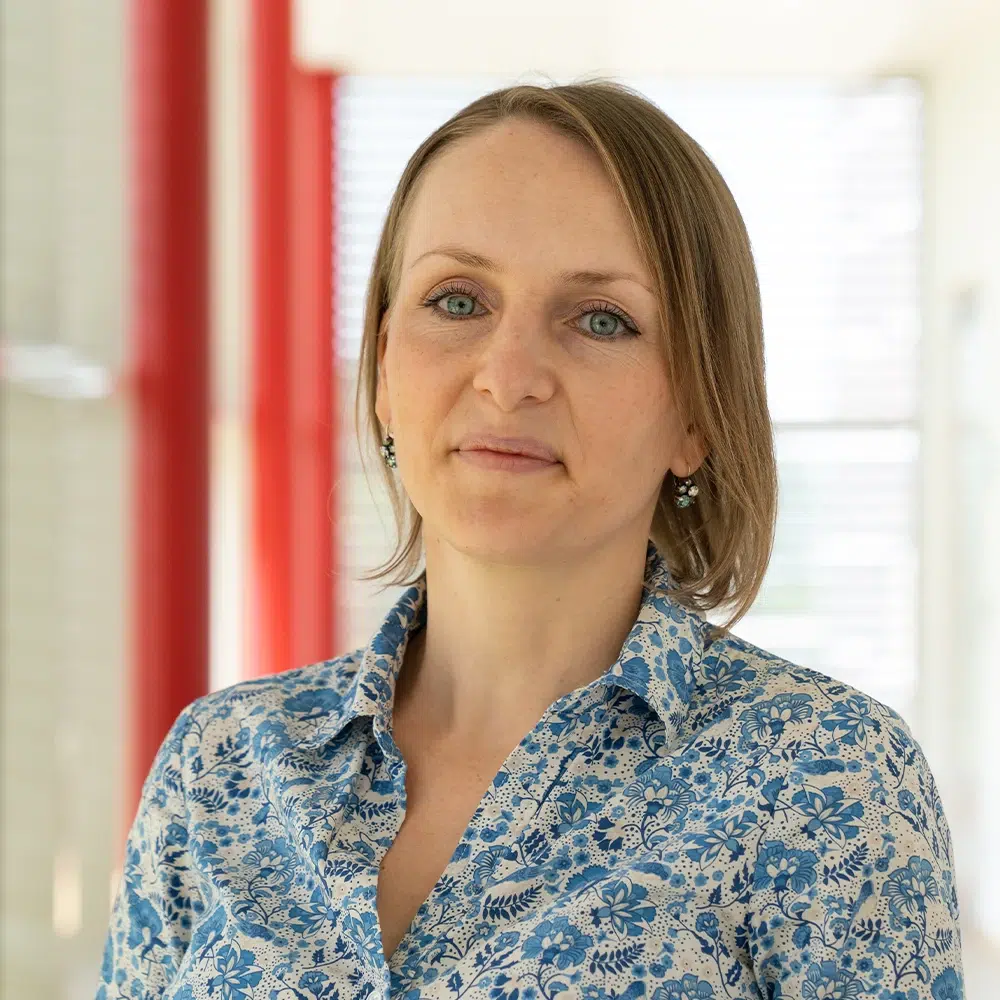
Lecture: Mushroom experts in Germany – an endangered species?!
How well does the German population know about mushrooms in general and about native mushroom species? And what factors influence mycotic species literacy?
Ina Schanz, a teacher at the Stefan-Andres-Gymnasium Schweich and a teaching assistant at the University of Trier, reports on her study conducted among the German population. Based on the findings, she presents implications for the educational context, such as the integration of mycotic topics into curricula and educational programs or learning opportunities within the framework of citizen science.
Ina Schanz completed her first state examination in biology and English at Johannes Gutenberg University Mainz in 2007 and has since taught bilingual biology, natural sciences, and English at secondary schools. She completed her second state examination in 2010 and has since taught at the Stefan-Andres-Gymnasium in Schweich.
Since 2021, in addition to her teaching activities, she has been a seconded teacher at the University of Trier in the "Biology and its Didactics" unit, where she is involved in teaching and research. Her main focus is to profitably combine research in biology education with practical experience.
In 2024, she began her doctorate in biological sciences (biology and its didactics). Within this framework, she is researching species literacy and its influencing factors.
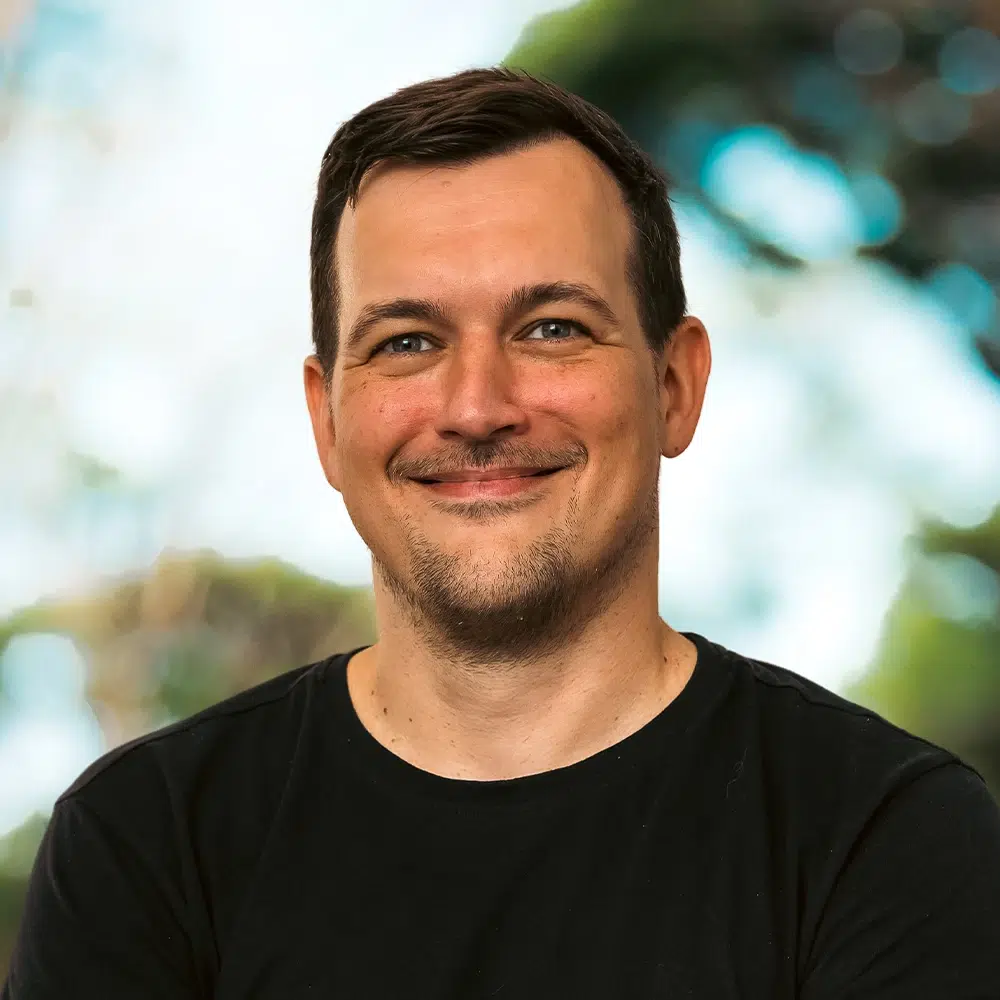
Wolfgang Hinterdobler is a passionate natural scientist and biotechnologist. His botany studies at the University of Vienna enabled Wolfgang to conduct research at the La Gamba Tropical Station in Costa Rica. There, he investigated the components of tropical fungi that live in symbiotic relationships with plants. Fascinated by the complex interactions between fungi and plants, he continued his work at the AIT Austrian Institute of Technology and earned his doctorate on the topic of "Chemical Communication of Fungi" at the Vienna University of Technology.
Wolfgang aims to use this expertise to develop and implement sustainable and resource-efficient projects. By founding MyPilz, he's turned a lifelong fascination into a career.
Photo: Lukas Hof

